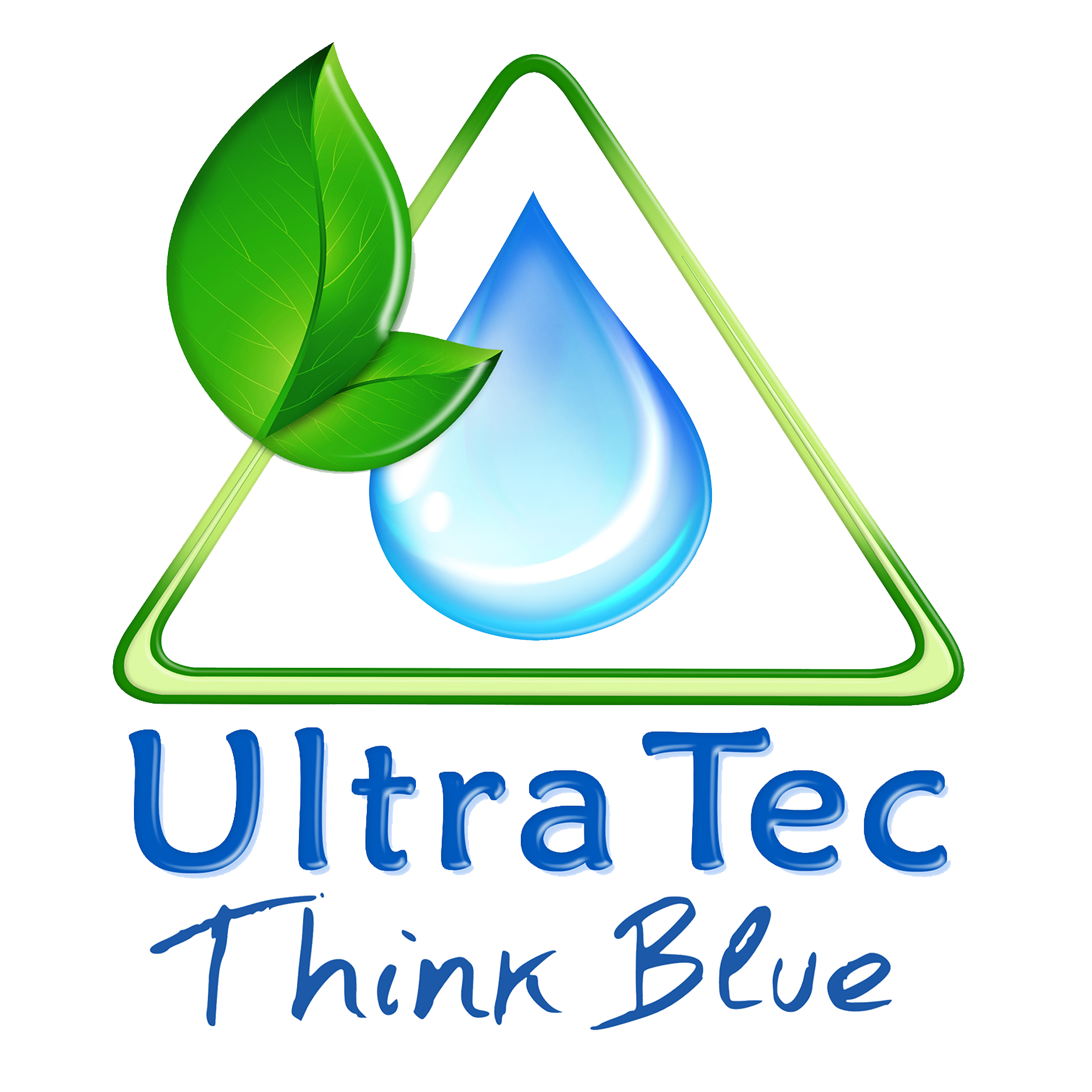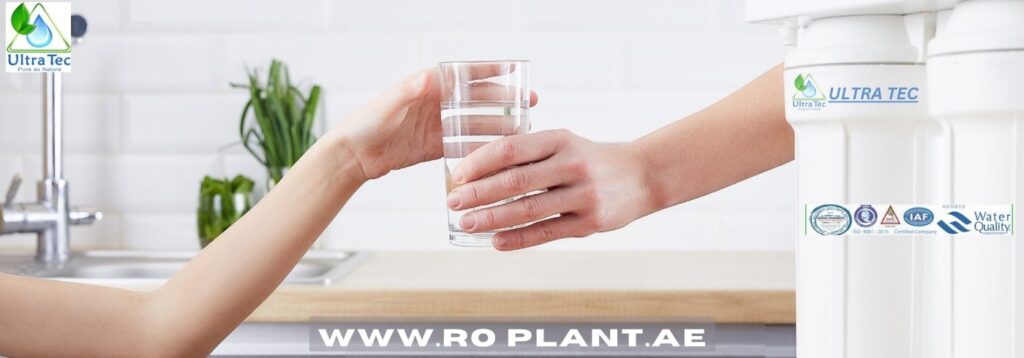Water Purifier
Water is a fundamental resource for life, and ensuring its purity is crucial for our health and well-being. Unfortunately, tap water may contain various contaminants that can adversely affect our bodies. This is where water purifier RO Plant water treatment company UAE come in, providing an effective solution to filter out impurities and make water safe for consumption. The importance of water purification, different types of water purifiers, factors to contemplate when choosing one, and the advantages of using water purifiers.
Introduction
Key to clean and safe drinking water is important for keeping good health. Water purifiers play a vital role in removing harmful substances, such as bacteria, viruses, chemicals, and heavy metals, from water, ensuring its quality and safety. The world of water purifier, discussing their significance, various types general, factors to weigh when selecting one, and more.
Importance of Water Purification
Water purification is vital to protect ourselves from the potential risks of contaminated water. Harmful pathogens and toxins can enter our bodies without proper purification, leading to waterborne diseases and other health issues. Water purifier Reverse Osmosis System act as a barrier, removing impurities and ensuring our water is free from harmful contaminants.
Common Water Contaminants
Before exploring water purifiers, it’s important to understand the common contaminants found in water sources. These include bacteria, viruses, parasites, heavy metals (such as lead and arsenic), chemicals (like chlorine and pesticides), and sediments. Each contaminant poses its health risks, emphasizing the need for effective water purification methods.
Types of Water Purifier
Several types of water purifiers are available, each utilizing different mechanisms to purify water. Let’s analyse some of the generally used ones:
- Reverse Osmosis (RO) Purifiers
Reverse osmosis purifiers use a semi-permeable membrane to remove many contaminants. This process filters out impurities by forcing water through the membrane, leaving behind pollutants and delivering clean water for consumption.
- Activated Carbon Filters
Activated carbon filters effectively remove organic compounds, chlorine, and unpleasant odors or tastes from water. They work by adsorbing impurities onto the surface of the carbon, leaving the water purified and fresh.
- UV (Ultraviolet) Purifiers
UV purifiers use ultraviolet light to disinfect water and eliminate harmful microorganisms. The UV rays puncture the cells of bacteria and viruses, generating them unable to produce and actually making the water safe for consumption.
- Distillation Purifiers
Distillation cleaners heat water to create steam, which is then condensed to remove impurities. This process effectively removes minerals, heavy metals, and other contaminants, providing purified water.
- Ion Exchange Filters
Ion exchange filters use resin beads to remove dissolved minerals and heavy metals from water. This process exchanges ions, removing unwanted substances and improving the overall quality of the water.
- Gravity-Based Purifiers
Gravity-based cleaners rely on the force of gravity to filter water through different layers, effectively removing sediments, bacteria, and other contaminants. These purifiers are commonly used where electricity or pressurized water is not readily available.
- Water Softeners
Water softeners primarily target the removal of hard water minerals, such as calcium and magnesium. By replacing these minerals with sodium ions, water softeners reduce the negative effects of hard water, such as ranking advertisement in lines and instruments.
Facets to Contemplate When Selecting a Water Purifier
When choosing a water purifier for your residence, consider the following factors:
- Water Quality
Understanding the quality of your water is crucial in determining the appropriate type of cleaner. Conduct water tests to identify the contaminants and choose a cleaner that addresses those concerns.
- Contaminant Removal Efficiency
Different water purifiers have varying levels of efficiency in removing specific contaminants. Research the capabilities of each type and choose one that matches your requirements.
- Maintenance and Operating Costs
Consider the long-term costs associated with maintaining and operating the chosen water purifier—factor in filter replacements, electricity consumption, and any additional expenses that may arise.
- Installation Requirements
Some water purifiers may require professional installation, while others are designed for easy DIY installation. Assess your comfort level and choose a cleaner that fits your installation preferences.
- Water Purification Capacity
Determine the water you require daily and choose a cleaner with an appropriate purification capacity to meet your needs.
- Additional Features
Certain water purifiers come with additional features like mineralization, pH balancing, or even hot and cold water dispensers. Evaluate these features and select a cleaner that offers added benefits based on your preferences.
Installation and Maintenance of Water Purifiers
Proper installation is crucial to ensure optimal performance once you have chosen a suitable UltraTec water purifier . Follow the manufacturer’s instructions or seek professional help if necessary. Additionally, regularly maintain the purifier by replacing filters as recommended and following any maintenance guidelines provided.
Benefits of Using Water Purifiers
Using water purifiers offers numerous benefits, including:
- Improved taste and odor of water
- Removal of harmful contaminants
- Protection against waterborne diseases
- Reduction of heavy metal exposure
- The comfort of keeping clean water at house

